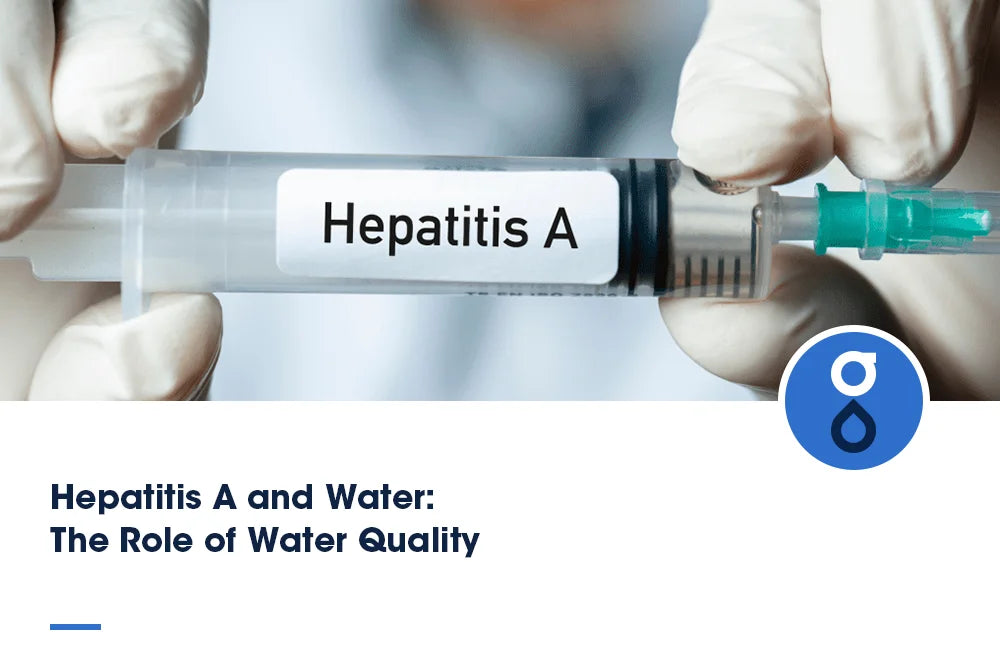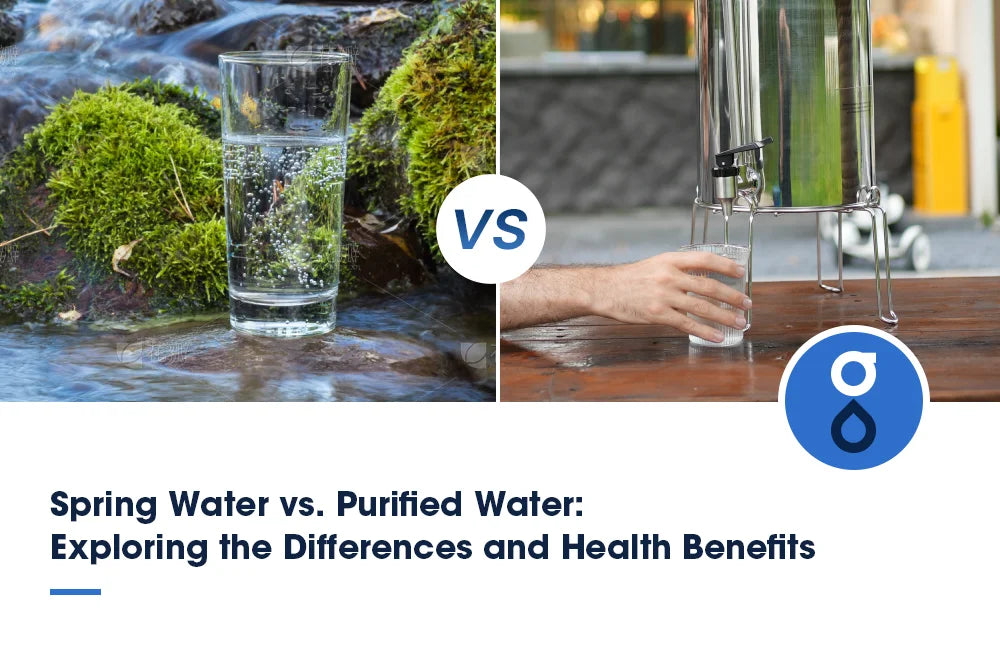Table of Contents:
What is water hardness?
Why is water softening important?
How do water softeners work?
The benefits of water softeners
Different methods of water softening
Factors to consider when choosing a water softener system
Conclusion
Have you ever wondered how water softening operates and why it's becoming increasingly popular in households worldwide? Understanding the intricacies of this process can shed light on the numerous advantages it brings to your daily life. From the science behind ion exchange to the tangible benefits of softer hair and cleaner dishes, exploring the world of water softening might revolutionize how you view your household water usage.
What is water hardness?

Water hardness occurs when water contains high levels of minerals such as calcium and magnesium. These minerals are naturally present in the water composition, and when the levels are elevated, they can cause issues such as mineral deposits in pipes and appliances. These mineral deposits can lead to plumbing damage over time, reducing the efficiency and lifespan of your plumbing system. Additionally, when hard water mixes with soap, it forms soap scum, which can be challenging to clean and leaves residue on surfaces like dishes and shower walls.
Why is water softening important?
Softening your water is crucial for preventing plumbing damage, skin irritation, and soap scum buildup. The health implications of hard water can be significant, as it may exacerbate skin conditions like eczema and dryness.
Using a water softener can mitigate these effects and improve your skincare routine. Furthermore, softened water leads to household savings by increasing the efficiency and longevity of your appliances. Hard water can cause mineral buildup in pipes and appliances, reducing lifespan and efficiency.
By softening your water, you can prevent costly repairs and replacements, thus saving money in the long run. Additionally, the environmental impact of water softening is noteworthy. Softened water requires less detergent and energy to heat, reducing your carbon footprint.
How do water softeners work?

Water softeners operate through a method called ion exchange. Inside the softener, resin beads coated with sodium ions attract and trap calcium and magnesium ions responsible for the water's hardness. As the hard water flows through the resin, the calcium ions are swapped for sodium ions, softening the water.
Over time, the resin beads become saturated with calcium and magnesium ions, necessitating a regeneration process. During regeneration, a brine solution containing high concentrations of sodium is flushed through the resin tank, displacing the accumulated calcium and magnesium ions. This process rejuvenates the resin beads, making them ready to continue removing hardness from the water.
The benefits of water softeners

The softened water helps prevent the buildup of limescale in appliances like washing machines, dishwashers, and water heaters, which can extend their lifespan and reduce the need for maintenance or repairs. Additionally, here are some key benefits of water softeners:

Different methods of water softening
Improving the performance and longevity of your household appliances through water softening involves employing different methods to reduce mineral content in the water. Here are some standard methods used for water softening:
- Salt-based systems: These systems use salt to replace the minerals in the water with sodium ions, reducing the hardness.
- Ion exchange: In this process, ions like calcium and magnesium are exchanged for sodium or potassium ions, softening the water.
- Reverse osmosis: This method involves pushing water through a semipermeable membrane to remove minerals, producing softened water.
- Magnetic descaling: Using magnets to alter the structure of minerals in the water prevents scale buildup in pipes and appliances.
These methods, along with chelation methods that involve binding metal ions, offer various ways to achieve water softening in your home.
Factors to consider when choosing a water softener system
Available space
Wondering how much space you have available is crucial when selecting the right water softener system for your home. Measure the area where you plan to install the water softener to guarantee it fits without causing inconvenience.
Water usage and hardness
Determine the water your household uses daily to ensure the softener can keep up with demand while operating efficiently. Here are some key points to consider:
- Water consumption, efficiency: Determine the amount of water your household uses daily to ensure the softener can keep up with demand while operating efficiently.
- Environmental impact, conservation: Look for eco-friendly systems that promote water conservation to minimize the ecological footprint.
- Hard water, effects: Be aware of the adverse effects of hard water on your plumbing, skin, and hair, motivating you to invest in a water softener.
- Softened water, taste: Enjoy the improved taste and quality of softened water for drinking, cooking, and household use.
- Household appliances, maintenance: Protect your appliances from limescale buildup by choosing a system that requires minimal maintenance, saving you time and money in the long run.
Regeneration cycles
The regeneration process involves using a brine solution to recharge the resin beads, responsible for the ion exchange that removes hard minerals from the water. Efficient regeneration is crucial to prevent mineral buildup in the system, which can lead to decreased efficiency and increased maintenance requirements. Monitoring the hardness levels of your water will help determine the frequency at which regeneration cycles need to occur.
Capacity
The capacity of a water softener system is crucial as it determines the softening effectiveness, resin capacity, salt efficiency, maintenance requirements, and longevity benefits of the system. Softening effectiveness is directly linked to the capacity of the water softener. A system with the right capacity will ensure that your water is adequately softened, preventing issues like scale buildup and soap scum.
Resin capacity is another critical factor to consider. The resin in the softener removes hardness minerals from the water, and a higher resin capacity means more efficient water softening. Salt efficiency is also tied to capacity. A system with the appropriate capacity will use salt more efficiently, reducing operating costs.
Installation
Assess the space availability and plumbing layout in your home before selecting a water softener system for installation. Evaluate the maintenance tasks required for each system option to determine the level of upkeep you're comfortable with. Compare the system's initial cost, ongoing maintenance expenses, and potential savings on cleaning products to determine the most cost-effective solution.
Conclusion
In conclusion, understanding the science of water softening can benefit your home and personal care routines. By reducing water hardness through ion exchange, water softeners can improve appliance performance, minimize skin irritation, and lead to cleaner dishes and softer hair. Choosing the right water softener system can significantly impact your daily life and overall household eco-friendliness.

















